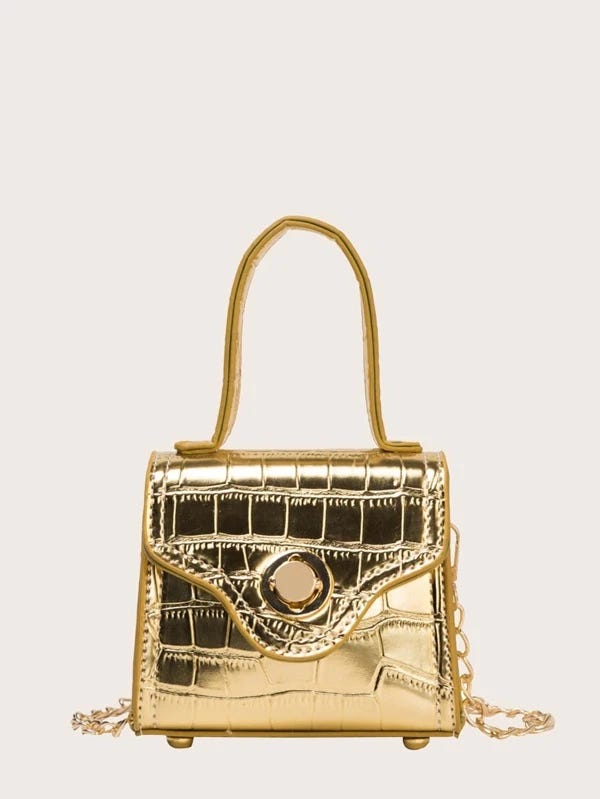Wading belatedly into the clash over sex and gender identity, Fawcett Society board member Ayesha Hazarika decries the "extremist, unforgiving, rigid voices on both sides dominate the online war in a fight to the death of who can scream and shame the loudest" and "everyone needs to stop and reflect on their behaviour” — all before concluding with a bizarre plug for transwomen’s “world class ability to accessorise.”
Set aside, for a moment, the lopsidedness of aggression and extremism, which no honest observer could overlook. Is Hazarika right to suggest there's a kinder, more moderate line that gender-critical women have spurned? Is there a way to say what we need to say that doesn't ruffle quite so many feathers?
Another way of putting the question might be: by what name, under what heading, is it permissible for women to advocate for the rights of our fellow female human beings? Is there any configuration—no matter how objectionable gender-critical women might find it—that would be tolerable to and respected by trans activists? AFAB rights? Movement for the liberation of the 'transmisogyny-exempt'? Non-males of the world unite? Uterus-havers R Us?
Or is there really no heading under which The People Formerly Known as Women and Girls can gather that trans activists won't put under siege?
What's unacceptable to trans activists isn't the language we use to refer to women as a sex class. Don't be fooled by how much trans activists focus on policing our language and taking offense. What's unacceptable is acknowledging women as a sex class, no matter what words we use. It's drawing boundaries around our bodies and experiences, no matter how we refer to those bodies or experiences. The ultimate target of trans activism is any acknowledgement of sex difference.
The split within the left over trans 'rights' ultimately comes down to whether female people are free to organize and be recognized and protected as a sex class—or not.
Trans activism says no.
To those still on the sidelines (that's you, Ayesha): that's the conflict.
Like you, many of us thought we could bring light and reason with us when we first waded into this debate. But you quickly realize that no matter how carefully and even obsequiously you police your own language—even to the point where your use of approved jargon obscures what you need to make clear—your words will offend because there's no acceptable way for women to speak about sex.
Hurt feelings and offense-taking play a big role in shutting down, censoring, and misdirecting conversations about just about everything to do with women these days. Recognize it. Don't reinforce it.
How can you avoid hurting the feelings of a person who is making unreasonable claims (like "I am a woman because I say so") and demands ("therefore, all women's spaces and services should be open to me and women's movements should center my issues") at the expense of your rights? It should be obvious: you can’t.
The way out of this mess isn't a mutual agreement to engage in kind-hearted obfuscation. The way out is clarity about what's at stake, including setting clear boundaries.
This will only stop once trans activists stop trying to overwrite our reality (sex) with theirs (gender identity).
Until that happens, save the platitudes and shelve the accessories.





I started out on Twitter trying to be polite but it doesn’t really work. However because I am male and my handle shows my name and face, funnily enough I don’t get the vile abuse. The worst I was called was a crypto facist which amused me more than anything else (and my amusement just wound up the person more). If it wasn’t weird I would like to create a fake account under a female name to see the difference in responses but I don’t have to, i see it everyday, the most recent being the Scottish ‘actor’ suggesting a women is mentally ill because she doesn’t want to see a penis in female changing rooms. I’m not sure how we combat this, but being kind is not the answer